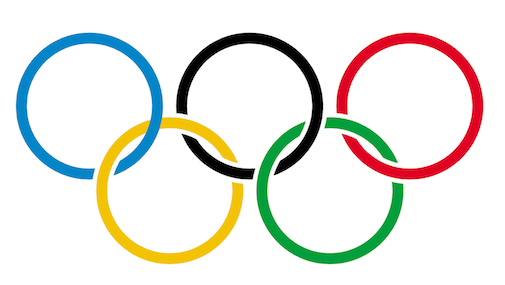ZEITGUIDE TO OLYMPIC HOSTING

Back in 2009, when Rio de Janeiro was named the host city for the 2016 Olympic Games, NPR wrote that the “decision will reveal, yet again, that Brazil is an emerging power, and that it has the talent, infrastructural capacity, and political commitment needed to play competitively in global political (and athletic) games.”
How things have changed. Rio’s preparation for the games has drawn tons of negative criticism, including fears over bad air, dirty water (not the kind The Standells raved about), violence, the displacement of Rio’s poor andincomplete facilities. Oh, and there’s also the athletes staying home because ofthe Zika virus.
As if that weren’t enough, Brazil is a hot mess. It’s suffered three consecutive years of negative economic growth with no end in sight. President Dilma Rousseff has been suspended and is facing impeachment proceedings. Her predecessor, Luiz Inácio Lula da Silva, who spearheaded the effort to bring the Olympics to Brazil, is headed to trial on charges of corruption.
Not even an Olympic party can raise spirits in the host country: a recent pollfound that 63% of Brazilians feel the games will bring “more harm than benefit.”
Brazil can’t back out. But plenty of other prospective host cities are worried about Olympic regret.
There is now overwhelming evidence that hosting such an event delivers few economic benefits. As the costs of hosting balloon and overruns become routine (Rio’s summer games are an estimated $1.6 billion over budget), the economic risk of hosting the games becomes a political hurdle that’s hard to overcome in democracies.
After Stockholm, Oslo and Krakow withdrew their bids for the 2022 Winter Olympics, the IOC found itself with just two contenders, Beijing (where mountains are 120 miles away) and tiny Almaty, Kazakhstan. Human rights activists groaned at both options, but the nod went to China.
The 2024 summer games have already seen Boston and Hamburg withdraw their bids. Rome’s mayor is undermining her city’s bid. Soon, the only cities left in the running might be Paris and Los Angeles.
Host ennui is a problem the games have faced before. The 1976 winter games left Montreal in debt for 30 years after the last gold medal was handed out. That so turned off other cities that Los Angeles was the sole aspirant for the ’84 games. But that gave Los Angeles leverage to negotiate highly favorable termsfor itself. The city made $93 million and shared a portion of profits with the IOC.
Hoping to replicate L.A.’s success and profitability, other cities rejoined the competition in the 1990s, enabling the IOC to demand more and more of hosts. And so here we are again.
Will L.A. or Paris drive the kind of hard bargain with the IOC that might lure more cities into the running for 2026? Will that lead to the kind of bribery and corruption that tarred the Salt Lake City games? Or will future bids resemble the 2022 Winter Games options, with just totalitarian countries where public support is irrelevant squaring off?
